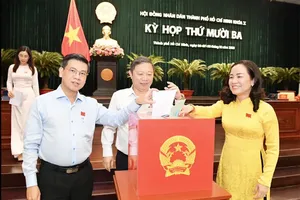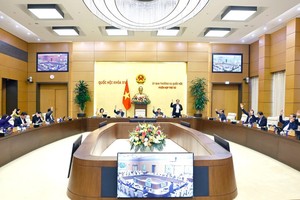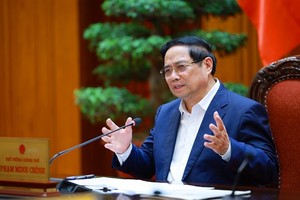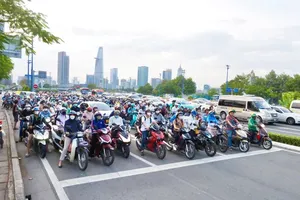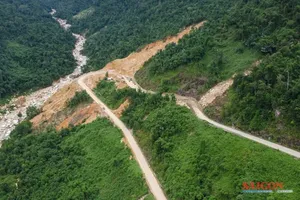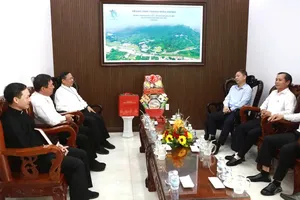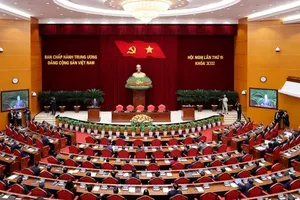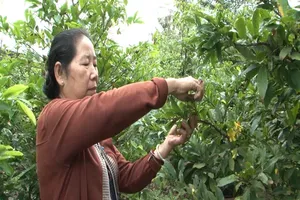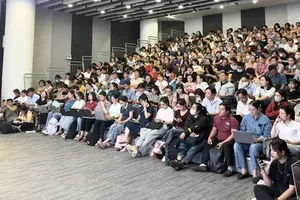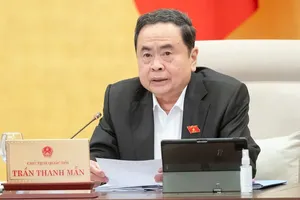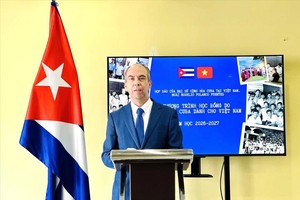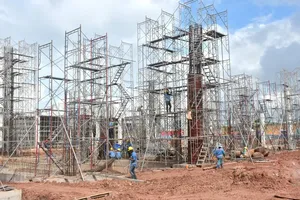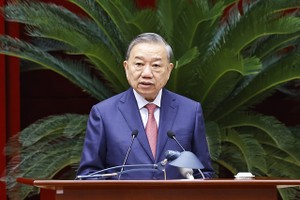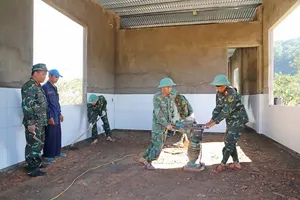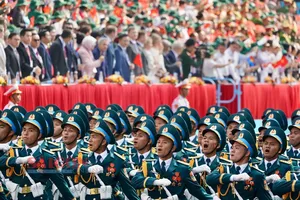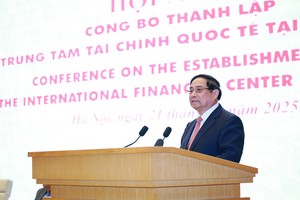Intelligence is a critical resource; experts, especially overseas scholars with profound knowledge and experience, are asked to contribute to the development of Vietnam.
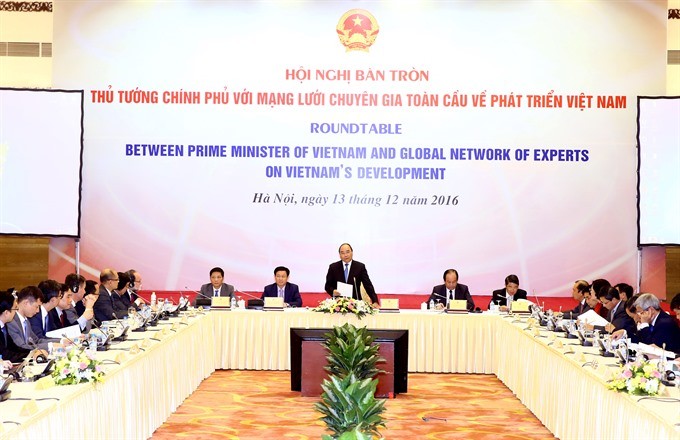
The appeal was made by Prime Minister Nguyen Xuan Phuc during yesterday’s roundtable discussions with the Global Network of Experts on Vietnam’s development, jointly held by the Ministry of Foreign Affairs and the Vietnam Initiative and chaired by the PM himself.
The roundtable was among many consultancy meetings that are held as platforms for overseas Vietnamese think tanks to contribute to the government’s policy-making.
Deputy Minister of Foreign Affairs, Nguyen Quoc Dung, reaffirmed the state’s commitment to build a "constructive government marked by integrity", especially when Vietnam is in the transitional period of changing its growth model – this message has attracted the enthusiasm of Vietnamese intellectuals living and working in all countries over the globe to the development of the nation, offering their valuable advice and consultancy to the government in policy-making.
Three thematic issues were discussed at the roundtable, namely, Vietnam’s position in the global value chain, Vietnam’s industrialization policies in the future, and dismantling bottlenecks and promoting development – all are considered ‘bedrock’ aspects of Vietnam’s development but the implementation has met with some rough patches.
Professor Ricardo Hausmann delivered a presentation on the analysis model of the economy’s structure via products’ diversity assessment, the complexity of exported products and its close relationship to a country’s development. The model will assist in devising development strategies for each region, for each type of product, with a view to boost the competitiveness of the economy in all three levels – national, businesses, and products.
Tran Van Tho, a professor from Waseda University (Tokyo, Japan), in his speech regarding Vietnam’s industrialization policy, stressed the need for the country to pursue development of industry both extensively and intensively. In the context where Vietnam is making enhanced efforts to integrate deeper into the world’s economy, it’s a challenge to successfully avoid the ‘manufacturing trap’ – wherein the country’s industry is limited to the production of unskilled workers in labour-intensive, export-oriented, but low added value manufacturing.
In his research, Tran Ngoc Anh, a professor from Indiana University, has pointed out the ‘bottlenecks’ of Vietnam’s economy that constrict its sustainable growth. He recommended the government build self-assessment systems with clear and detailed performance indices, stressing that this will showcase the commitment towards building a constructive and supportive government.
Concluding the conference, PM Nguyen Xuan Phuc praised the positive contribution of international experts and academics.
Over 30 years of innovation, Vietnam has accomplished impressive achievements that were highly regarded by the international community. However, the PM also underlined the need for the government to realize the weaknesses and limitations that have been exhibited during the country’s development process, especially the so-called growth bottlenecks.
PM Phuc once again reiterated that the government must listen to people, businesses, and especially to scientists and experts, both domestic and international, in order for its actions to be more effective, bringing about substantive change.
He asked all relevant ministries and sectors to study the recommendations from the conference’s experts.
He also proposed to maintain an annual dialogue channel between international academics and overseas Vietnamese professionals for them to collaborate more effectively and support the Vietnamese government in overcoming development issues and promoting innovation.


